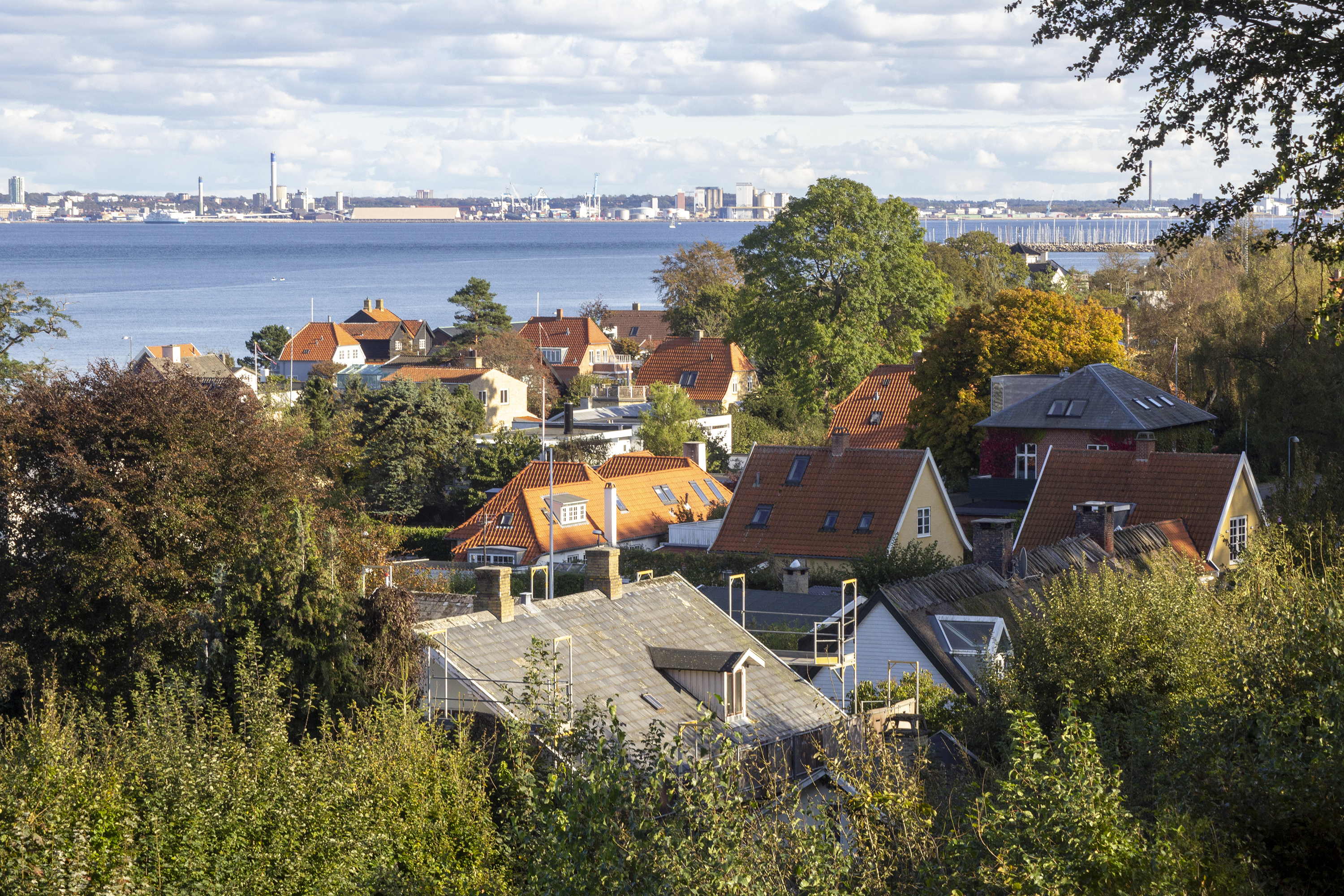Podcast: The Nordics and Identity
From the outside, it is assumed that the populations of the Nordic countries are fairly homogeneous and that there is a relatively high level of gender equality and acceptance of different sexualities and diversity. In short, identity is not much of a problem. On closer examination, however, there are similar tendencies to elsewhere, such as more entrenched identities that can be both inclusive and exclusive. Feelings of identity can give a sense of belonging, or potentially lead to polarisation between different groups. Nevertheless, ‘Nordic’ identity does, at least to some extent, appear to happily co-exist with those of the five nation states (Denmark, Finland, Iceland, Norway and Sweden) as well as other layers of identity.

Gone are the days when it was exciting and attractive to be a global citizen with a worldwide outlook. On the one hand, global tendencies such as pandemics and climate change keep pulling us in the direction of globalization. On the other, we are increasingly reticent to identify with the global population and have a tendency to identify with smaller or specifically identifiable groups which we feel close to for a particular reason.
These two podcasts were recorded in March 2020 when the editor of nordics.info Nicola Witcombe caught up with a group of researchers at an academic workshop on ‘identity politics in post-global Nordic societies’ organised by Copenhagen Business School which took place in Helsingør on the coast of Denmark.
All the participants of these podcasts are involved in projects and research that are connected to the theme of identity, so are ideally placed to help us find out more about this complex subject, how it is formed and how it plays out on a personal and political level.
Podcast: The Nordics and identity: unite or divide?
Academics tend to agree that identity is of particular importance right now. The participants of this podcast explore how different portrayals of history can influence our identity. These portrayals can be in the form of school curricula, museums and cultural institutions, or even company advertising and specific nation-branding. Local and national identities appear to be becoming more dominant than global or regional ones, which were arguably favoured at earlier points in time; concepts of identity are becoming increasingly entrenched leading to a sense of ‘us’ and ‘them’. Listen to this podcast which starts its investigation with ideas of national identity.
The participants of this podcast are Anders Ravn Sørensen, Kazimierz Musia?, Lizaveta Dubinka-Huscha, Mads Mordhorst, Michael Bennedsen-Hansen and Norbert Götz. See our Writers Page for more details of the participants.
Podcast: The Nordics and identity: innate or imagined?
Despite a growing focus on national identity in and outside the Nordics, the Nordic regional identity persists. The participants of this podcast explore what it takes to make a region consisting of numerous nation states a success, comparing it to other areas, such as the Baltics and Eastern Europe. An important concrete example that is discussed is an advert produced by Scandinavian Airlines in February of this year, which sought to deconstruct and construct identity markers of Scandinavia (Denmark, Norway, Sweden), and received a wave of feedback, both negative and positive. Listen to this podcast which starts its investigation with ideas of regional identity.
The participants of this podcast are Anders Ravn Sørensen, Kazimierz Musia?, Larisa Kangaspuro, Lizaveta Dubinka-Huscha, Mads Mordhorst, Michael Bennedsen-Hansen and Paulina Siegien. See our Writers Page for more details of the participants.
Articles on nordics.info about some of the concepts mentioned in the podcasts:
Folkhem, literally meaning ‘people’s home’, is a Swedish term for what is otherwise designated as the Swedish welfare state or the Swedish model. It is even used and discussed in the context of the Nordic welfare state or the Nordic political model, and related ideas are prominent throughout the region (e.g. folkelighed, i.e. popular culture, in Denmark). The folkhem metaphor is more complex than is often acknowledged. Its political success is based on its ambiguity and broad appeal through multiple layers of meaning. For example, contemporary adherents of the folkhem concept tend to advocate a green and multicultural reconstruction of society. At the same time, the term folkhem has been adopted by populist and right wing extremist groups to designate their own idea of a closed society.
Jantelov or the Law of Jante refers to a disdainful attitude to extraordinary achievements and is often mockingly used to exemplify unflattering aspects of the alleged Nordic trait of placing the value of equality above all else.
Denmark lost a third of its territory and 40% of its population in the Second Schleswig War in 1864 to Prussia and Austria. Seen as both a national trauma and the creation of modern-day Denmark, narratives regarding the war that were created at the time - and since - continue to resonate, exemplified by recent debates over its portrayal in TV programmes and artwork.
Further reading:
- B. Latour, 'Globaliseringens projekt er slut, for Jorden kan ikke bære det.' [The project of globalization is over, for Earth cannot cope with it] Politiken (May 23, 2018).
- D. Drozdzewski, S. De Nardi, &E. Waterton, 'Geographies of memory, place and identity: Intersections in remembering war and conflict.' Geography Compass, 10, 11 (2016) pp. 447–456.
- F. Fukuyama. 'Comments on Nationalism & Democracy.' Journal of Democracy, 3, 4 (October 1992) pp. 23-28.
- F. Fukuyama, Identity: Contemporary identity politics and the struggle for recognition (London, Profile Books Ltd, 2018).
- F. Fukuyama, 'Why National Identity Matters.' Journal of Democracy, 29, 4 (October 2018) pp. 5-15.
- G. Soroka & F. Krawatzek, 'Nationalism, Democracy, and Memory Laws.' Journal of Democracy, 30, 2 (April 2019) pp.157-171.
- M. Bernhard & J. Kubik, Twenty Years After Communism (Oxford University Press, 2014).
- T.S. Pappas, 'Populists in Power.' Journal of Democracy, 30, 2 (April 2019) pp. 70-84.